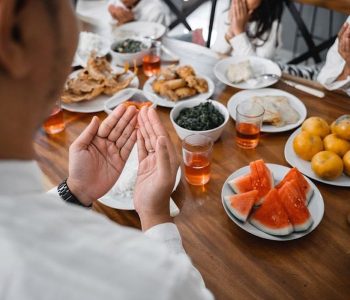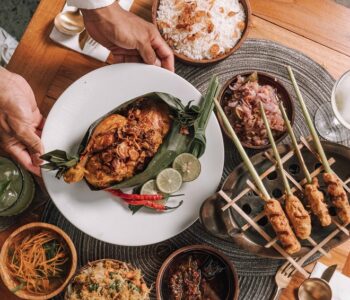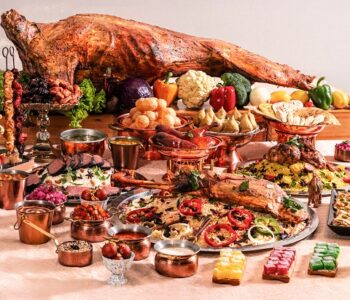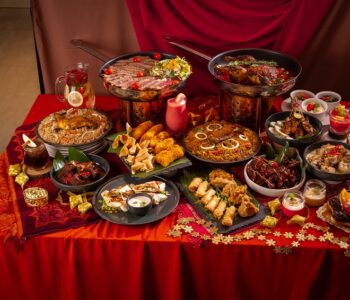One of Australia’s leading winemakers and an internationally renowned wine show judge, Chris Hatcher knew early on that he wanted to be in the wine business.
“Generally, you need a good understanding of biological sciences,” he said during a recent visit to Jakarta. “I was always good at that. People who are passionate about food in particular can also become very passionate about wine, so that’s a good start.” Chris earned a Science Degree at the University of Adelaide and afterwards studied winemaking at Charles Sturt University in NSW. Upon graduation, he worked at Orlando and Kaiser Stuhl in the Barossa Valley and the Simi Winery in California. In 1987, he decided to join Wolf Blass Wines – and it was, as they say, love at first sight. “I was very good at white wine, and Wolf Blass until the mid-1980s were the best red wine making company in Australia, so I wanted to go to Wolf Blass to learn how to make red wine,” Chris recalled. “I only intended to stay four or five years to become the most experienced person in the industry on both red and white wine – but 29 years later, I’m still there.”
According to Chris, he never felt the need to look elsewhere because the company keeps growing in a way that never lets its success compromise on quality. “It’s been very dynamic and we haven’t compromised on wine quality over all these years,” he explained. “For me, it’s been a rewarding job. In many cases you find companies that don’t necessarily have that commitment to wine quality and they tend to start making very ordinary wine, and as winemaker, that is unacceptable for me.” Located in Nuriootpa in South Australia, Wolf Blass was established in 1966 and has since become Australia’s leading winery. It has received over 8500 awards for its different wines. Most recently, Wolf Blass added another award to the list when it was named “Red Winemaker of the Year” at the International Wine Challenge in London, one of the world’s finest and most meticulously judged wine competitions.
“Wine competitions to me are two-fold, obviously they have a commercial benefit if you win a big award but from a winemaking perspective, it’s more about getting an independent review of your work,” Chris said. “To me, the thing that keeps us improving is the competition. Our competitors are wineries all around the world, not only in Australia, and if we can do well in those competitions, it gives us the confidence that Wolf Blass is a pretty good winemaker from Australia but also makes wines that can sit with the best wines in the world.” If you are going to stay ahead of the game, you need to continually challenge yourself, he added, which is also reflected in Wolf Blass’ winemaking team – a combination of experienced and younger winemakers, as well as healthy mix of males and females.
According to Chris, Indonesia, Southeast Asia in general and China are the new wine consumers of the world, and naturally, Wolf Blass would like to be part of the growth in those countries. It is only a matter of time, he said, that wine will become entrenched in their culture. “It will take a while but I think particularly the younger generation – young professionals who have a good job and particularly females – are starting to drink wine because they want to be more internationally aware,” Chris explained. “The world is getting much more international, and the more people travel, the more people interact with other cultures, the more wine and food becomes an important part of it.” The one thing Chris likes best about wine and food – to him, these two are inseparable – is the social component that they bring to the table. “It’s not about drinking for the consumption,” he said. “It’s about conversation, relaxing and enjoyment – wine is a really good communicator.”






